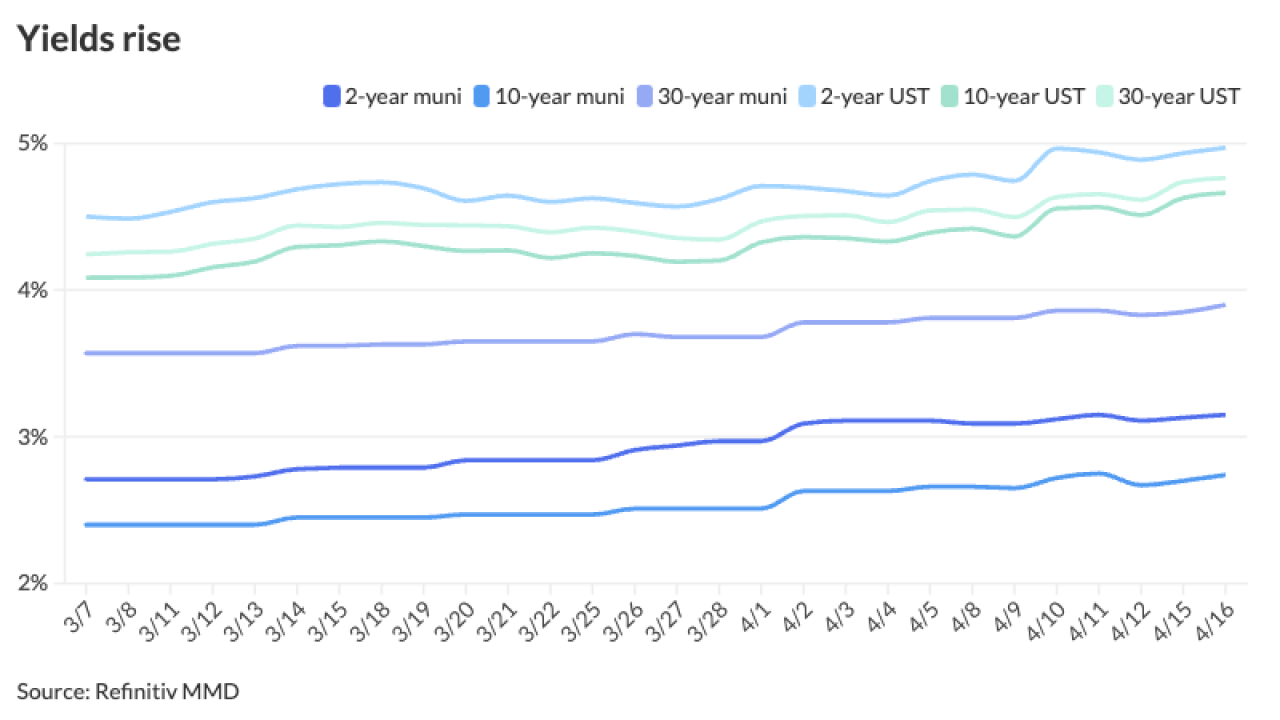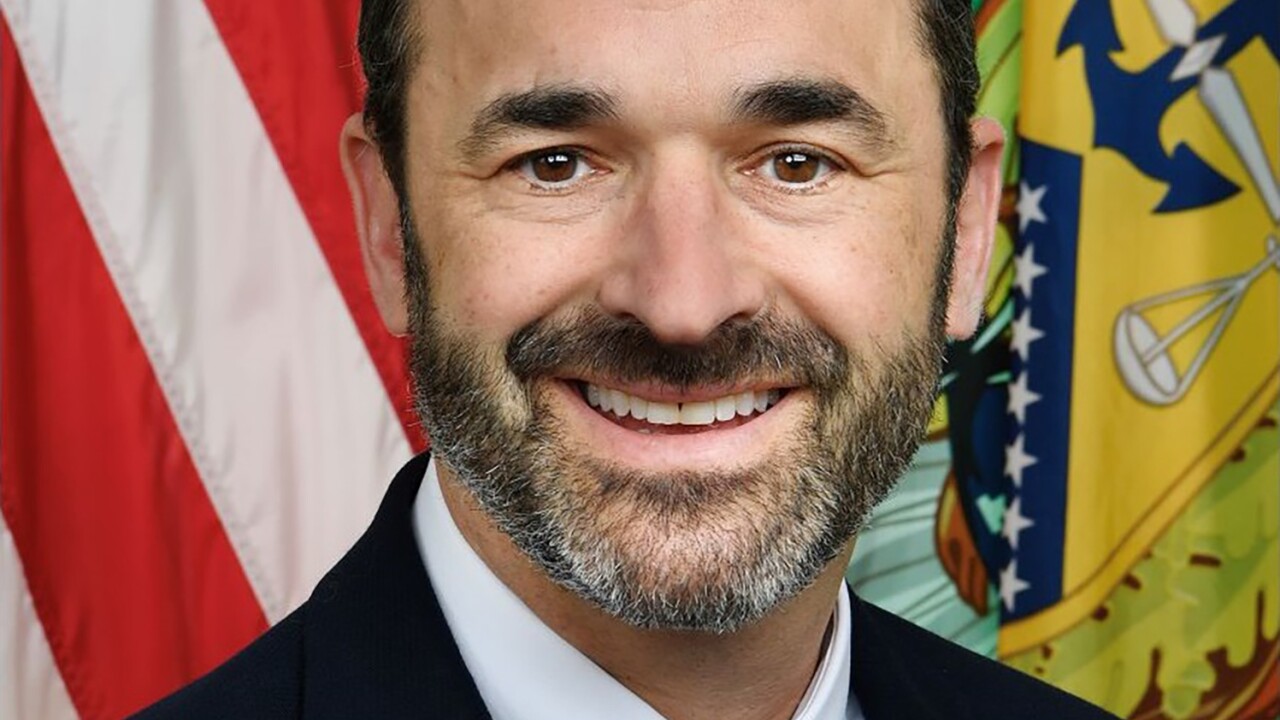CHICAGO — The Regional Transportation Authority of Illinois board put off a scheduled vote Wednesday on its 2013 budget due to an impasse over the level of fiscal information provided by one of its service boards on up to $1 billion of borrowing planned over the next five years.
RTA staff had raised concerns over the lack of a line item for debt service and detailed financial information in the Chicago Transit Authority's individual 2013 budget, two-year financial plan, and five-year capital budget on the borrowing plans, said RTA executive director Joseph Costello.
The CTA intends to sell a total of $1 billion of sales tax bonds as part of its five year capital plan, including $555 million in 2013.
The RTA provides fiscal oversight of the CTA, Metra commuter rail, and Pace suburban bus service and their spending plans make up the bulk of the RTA's budget.
CTA and RTA officials had an ongoing dialogue over how to address the concerns, but the two sides could not reach an agreement that would win a majority vote in favor of the budget Wednesday.
"The RTA is required to make sure that the assumptions in the budgets of the service boards are prudently responsible," Costello said Wednesday after the board meeting. "We need to have sufficient information to make that assessment and there was not enough information to give the RTA the assurance it needed to ensure that the CTA's financial plan was fiscally prudent."
Some board members had expressed concerns over the CTA's ability to meet its debt service demands and whether the RTA could end up on the hook.
The double-A rated RTA has long served as the main borrower for its service boards and officials there believe the agency's credit provides the most affordable access to capital. The agency, however, has hit its state approved long-term borrowing capacity.
Starved for more capital to fix its aging system and fund expansion, the CTA overhauled its fiscal house and re-emerged as an issuer nearly a decade ago in a move initially resisted by the RTA. The CTA has leveraged its share of sales tax and federal capital grants to issue bonds and is now eyeing public-private partnerships.
The CTA issued a statement focusing on independent praise for its spending plan and its statutory authority. "Under state law, the CTA board is vested with the authority to issue bonds and fund these critical capital improvement projects. All CTA bonds are backed by historically reliable revenues, and neither the RTA nor other service boards have any obligation to pay debt service on CTA bonds," a statement read. "We're confident that any misunderstanding about these routine bond issues can be cleared up quickly."
The budget delay should not have an immediate impact as state sales tax and aid payments to the RTA lag by a few months so the RTA can continue to spend those budgeted 2012 funds as they flow into coffers and delays have occurred several times in recent memory.
The CTA's borrowing plans stand to impact an RTA proposal to issue up to $2.5 billion in sales-tax bonds over five years. Costello said the agency's goal in unveiling the plan over the summer was to jump start capital funding discussions and officials have not yet decided whether to introduce legislation to the General Assembly next year.
Costello said the agency would scale back the size of its proposed borrowing to accommodate the CTA's financing plans.
Although the RTA has exhausted its state-authorized borrowing, the state's ongoing $31 billion capital program approved in 2010 earmarks $2.7 billion for public transportation. The figure falls far short of the estimated $24.6 billion in spending needed to keep the system in a state of good repair. The RTA's 2012 budget totaled $3.9 billion.
The RTA's $2 billion of general obligation debt carries low-to mid-double-A level ratings.
The CTA's proposed $1.4 billion 2013 budget, which relies on a targeted fare increase, won strong praise from the Civic Federation of Chicago, an independent organization that tracks government spending.
The group praised the budget for being structurally balanced with shared sacrifice between union members, riders, and management. "This spending plan is the first structurally balanced budget presented by the CTA in the last seven years," the federation wrote.
The CTA sold a mix of sales tax revenue bonds and capital grant-backed bonds last year. The agency's $860 million of capital grant bonds carry ratings in the single A category and the $2.5 billion bonds primarily backed by sales taxes carry double-A level ratings.





